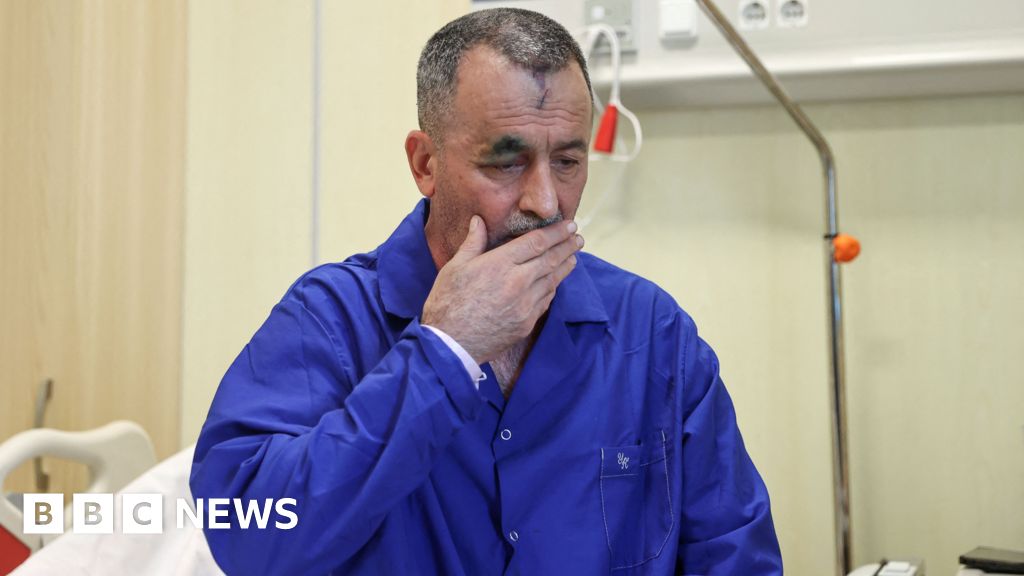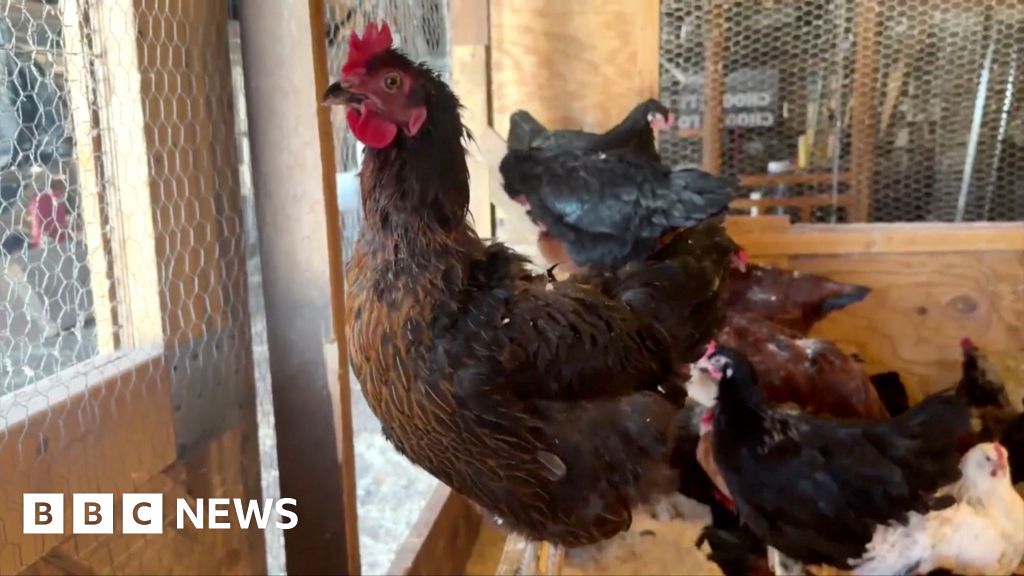How Saudi Arabia’s crown prince is trying to instill national pride
The displays of national pride stood out in a place where, traditionally, Saudi identity has taken a back seat to the country’s dominant Islamic identity. Social life was dictated by the decisions of hard-line clerics and religious police, who discouraged participation in patriotic events. The monarchy’s long alliance with the clergy reinforced their power.
No longer. Saudi pride is at the forefront of a social and economic transformation spearheaded by Crown Prince Mohammed bin Salman, the kingdom’s young, de facto leader, whose grand plans for the country are grounded in a more explicit expression of Saudi nationalism.
The burgeoning entertainment sector is rallying young people to the cause. Saudis are being encouraged to explore the country, with the state promoting heritage sites such as Al-Ula and emphasizing its pre-Islamic history. The Saudi flag is more visible in the capital Riyadh than ever before.
“The idea that we’re proud that we’re Saudi has become something that is encouraged, not just condoned in the public sphere,” said Mohammed al-Yahya, a senior fellow at the Hudson Institute
Underpinning this new nationalism is a push for greater self-sufficiency — aimed at shifting perceptions of Saudi Arabia in the region, from a tribal society that relies on oil revenue to one powered by a homegrown professional class. No longer will citizens be able to depend solely on benefits from the state, Mohammed has signaled, but are now expected to contribute to, and help shape, the new Saudi Arabia.
Creating jobs for the overwhelmingly young population has been key in the prince’s Vision 2030, an ambitious package of reforms announced in 2016. “Saudization” policies have been rolled out to ensure private-sector companies employ Saudi nationals in lieu of the cheaper foreign workers that have long staffed hospitals, restaurants, taxis and hotels.
The purview of “Saudization” is still expanding, with new professions being added to the roster. In October, the Ministry of Human Resources and Social Development mandated more local hires in consultancy work, a fast-growing field across the Gulf. It set a target of 35 percent Saudi employment by April 2023 and 40 percent by March 2024.
After 2023, Saudi Arabia has said, it will sign contracts with foreign companies only if they have headquarters in the country. Taken together, the government hopes these moves will address high youth unemployment, shrink the bloated public sector and shore up state coffers.
For many young Saudis, especially for women entering the workforce, these decisions are empowering, Yahya said.
“This type of pride that is happening right now is mostly among young Saudi women,” he said. “Of course the lives of young men changed a lot over the last five years, or ten years almost, but it’s young Saudi women who [are living] a totally different life.”
Though Saudi society may be opening, the government is no more open to dissent. An updated anti-terrorism law in 2017 gave the authorities new tools to quash public criticism. A phone application called Kulluna Amn, meaning “We Are All Security,” allows citizens to report on those who criticize the state.
And there can be consequences for insufficient patriotism: When two judges did not stand up during the national anthem in 2018, an investigation was opened into them, followed by a flurry of op-eds decrying them as agents of a blacklisted organization.
During his six years in power, the crown prince has repeatedly emphasized his Saudi-ness, differentiating himself from relatives in the ruling class who studied and vacationed abroad and enjoyed strong relations with foreign governments. His “Made in Saudi” initiative put certification marks on local goods to promote them. Saudi textbooks introduced in 2019 glorified pre-Islamic life in the Arabian Peninsula, previously presented as a dark and ignorant period.
This “Saudi First” approach has also come to dominate foreign policy decisions. In October, a decision by a coalition led by Russia and Saudi Arabia to slash oil production came under fire from the United States, especially after a visit to the kingdom by President Biden.
The decision was a blow to the White House, which had hoped to lower gas prices ahead of the midterm elections and had pressed the Saudis to produce more oil to make up for the global shortage caused by Russia’s war in Ukraine.
In response to allegations that Saudi Arabia was manipulating the market and aligning with Russia, Saudi Energy Minister Prince Abdulaziz bin Salman told an investor conference in October, “I keep listening, ‘Are you with us or against us?’ Is there any room for, ‘We are for Saudi Arabia and for the people of Saudi Arabia?’”
Saudi Arabia’s growing assertiveness has been viewed as “ingratitude by Americans who still expect support or even deference from their security partner,” said Kristin Smith Diwan, an analyst at the Arab Gulf States Institute in Washington. But “it plays well at home with a young population hungry for global recognition,” she added.
For more than a decade, Saudis were not permitted to freely celebrate National Day, the first official holiday not mandated by Islam. Islamic scholars issued fatwas banning any related celebrations, fearing they would overshadow religious holidays.
With the influence of religious scholars and police on the wane, National Day celebrations this year were larger than ever. The country even adopted another holiday: Founding Day.
In December, a new televised competition show, Saudi Idol, debuted. A government body is hosting a musical night in Riyadh to honor a late legendary Saudi musician, Talal Maddah.
“In the past, the state took a certain distance from these musicians,” said Yahya. “The entire idea of having a Saudi superstar musician was a taboo issue. Today, the state is trying to say, ‘No, we’re making amends, we’re playing catch-up.’”
Check out our Latest News and Follow us at Facebook
Original Source







